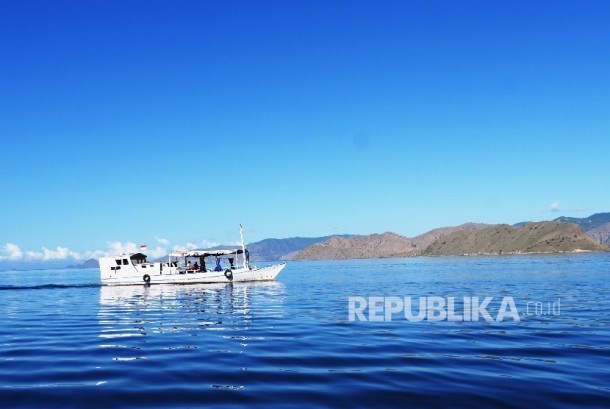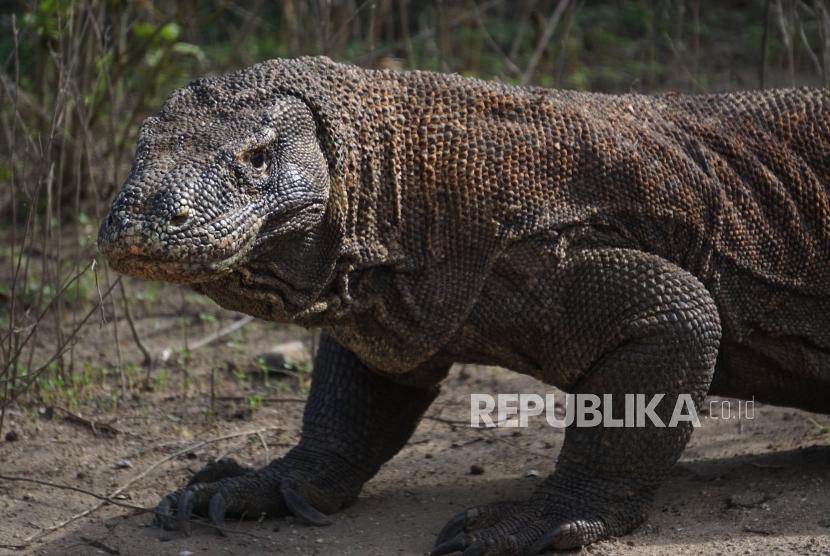REPUBLIKA.CO.ID, JAKARTA -- Tourism Minister Arief Yahya opined that a plan to close Komodo Island would be irrelevant to the tourism industry. He reiterated that Vice President Jusuf Kalla also has expressed his objection to the plan.
"Travel agents and operators are looking for certainty, without it they would not dare to advertise or offer their services," Yahya stated in response to the press' questions here, Wednesday.
The tourism industry is in urgent need of certainty to run the business, so any issue on the closure of a tourism destination will directly affect the performance of the tourism sector, he added. He also believes that travel operators would encounter difficulties in selling tour packages of Komodo National Park if its entry ticket fare were to be increased, from currently around US$10 to US$500 per tourist.
Plans to close Komodo Island and drastically increase the ticket fare would have major impacts on the survival of the tourism industry in the region, he remarked.
"Than what will happen, the industry would cease," he noted.

Komodo Island waters has been a favorite diving spot for tourists.
There is no problem with environmental preservation and conservation plans, but business certainty is a must, he affirmed. Hence, the minister would ensure that Komodo Island would not be closed, as it comes under the authority of the Central Government.
Yahya said he had received an invitation from the Environmental Affairs and Forestry Ministry and the East Nusa Tenggara Provincial Administration for a meeting to discuss several issues on the Komodo National Park. The Komodo National Park must remain an Indonesian tourism asset without sacrificing the environmental aspect, he stated.
Previously, East Nusa Tenggara (NTT) Governor Viktor Bungtilu Laiskodat said
Environmental Affairs and Forestry (LHK) Minister Siti Nurbaya Bakar had agreed to his plan to close Komodo Island for a year. Therefore, local government is now processing the technical matters.
Victor said his administration plans to rearrange the island, which is home to the Komodo dragon (varanus komodoensis) to allow endemic flowers to grow and deer, buffaloes, goats, and other preys of the Komodo to breed in the wilderness on the island. He also expressed keenness to plan genetic engineering to increase the population of Komodo dragons on the island.
The NTT administration has allocated Rp100 billion in the 2019 regional state budget for restoring the habitat of the Komodo dragon and making arrangements for the park. He had earlier noted that although the TNK comes under the authority of the LHK Ministry, the NTT provincial administration will take over its management.
"Hence, we will take over. We will also close it temporarily. If there are noises, the president will interfere and at that time will explain the reasons," Laiskodat, politician of the National Democrat (Nasdem) Party, stated.
Tourists will only be allowed to tour around the island by boat, but they will not be allowed to land on the island, he clarified
"I am serious. Komodo Island must be designed. Tourists like wilderness of Komodo. They do not come to see lazy Komodo dragons," he stated.
He also plans to raise the entry ticket fare to Komodo Island to US$500 per tourist when it is reopened. The entry ticket fare to the Komodo National Park is now Rp150 thousand (less than US$10) for a foreign tourist and Rp5 thousand for a domestic tourist.
"US$500 is a donation for the development of the world ecosystem," the NTT governor said.
The national park, comprising three larger islands of Komodo, Padar, and Rinca, as well as 26 smaller ones, was founded in 1980 to protect the Komodo dragon, the world's only surviving giant lizard. In 1977, Komodo National Park was named a biosphere reserve by the United Nations Educational, Scientific and Cultural Organization (UNESCO), and in 1991, it was declared a UNESCO World Heritage Site. In 2012, it was listed as the New7Wonders of Nature sites.


